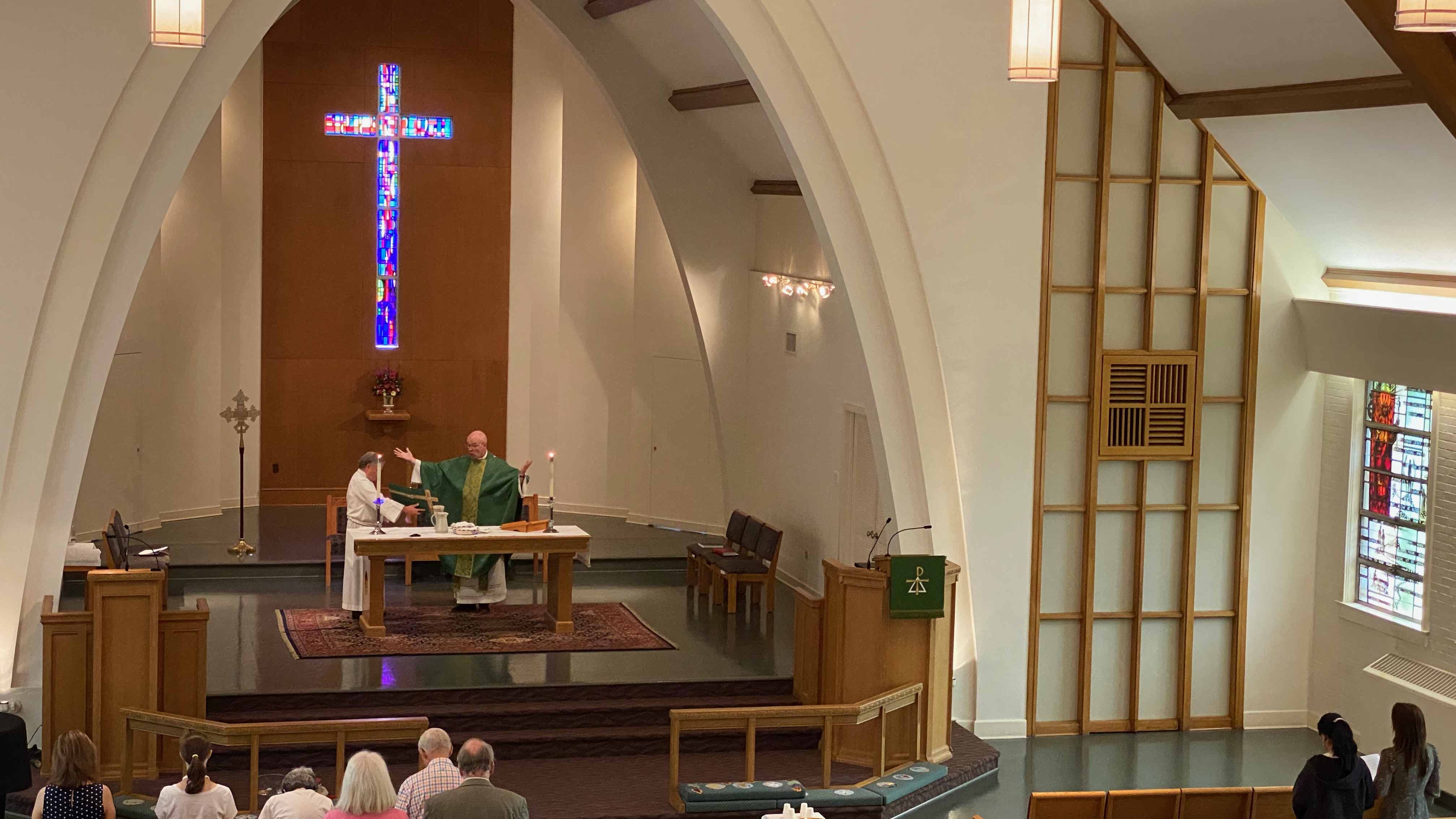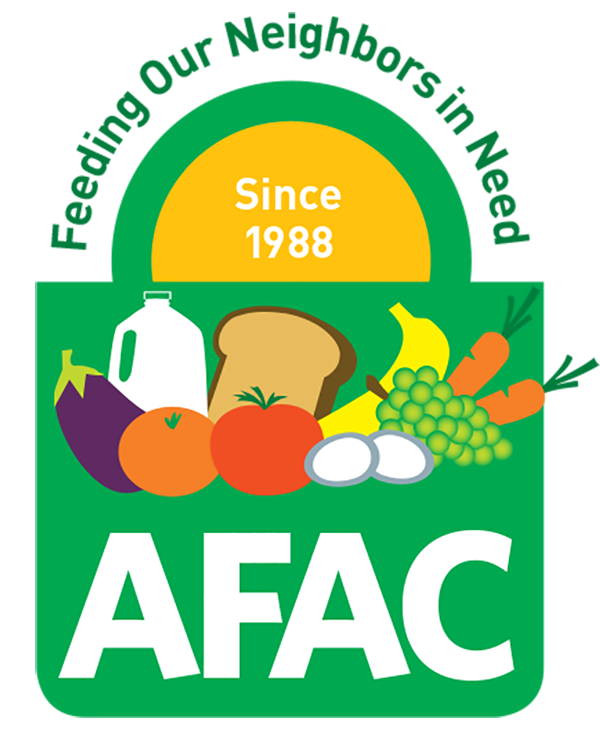Here, in brief, is one of my stories. In my first visit to the grocery store after the declaration of global pandemic, I was palpably frightened when I saw empty shelves, especially the complete absence of staples like toilet paper. I had seen empty shelves before, prior to snowstorms and hurricanes, but this felt different. I left the store shaken, and continued in an anxious state for a few hours until I realized this: I came home from the grocers with everything that was on my list, maybe not exactly, but close enough. There were no bananas, but there was other fresh fruit available. In my initial reaction of fear, I saw only scarcity. But the reality for me was in fact one of abundance. There were a few empty shelves, but the vast majority of the shelves were full – and still are.
Obviously, not everyone in this season of global pandemic enjoys the privilege of mostly full grocers’ shelves. It’s crucial for those of us whose circumstances permit the presence of mind to reflect on our particular suffering to gain a sense of perspective – for those in the throes of illness and death and abject poverty have only the immediacy of overwhelming suffering before them, and thus cannot easily access the capacity for self-reflection. At one level, for those who can take a step back for reflection, it’s the classic truism: do you see the glass as half full or half empty? In the grocery store, in my reaction of fear, I saw only the half emptiness. The fullness escaped my immediate attention and came to my awareness only later upon further reflection.
Which brings me to the theological take away that I want to share with you. In my experience, one of the most practically useful Lutheran theological insights is our view of what it is to be human (theological anthropology). Lutherans believe that as human beings under the care of God’s grace we are “simultaneously saints and sinners.” That is to say, we affirm the simultaneity of God’s goodness and the reality of sin in each person at the same time, all the time. We Lutherans are both/and, not either/or thinkers. By extension, applying this Lutheran theological principle to the question – “Is the glass half full or half empty?” – Lutherans answer, “yes!” It’s half full and half empty simultaneously. Realistically, human reality does not always add up to such a neat half and half equation. But the principle is that we Lutherans are called upon to see fullness/abundance and emptiness/scarcity together, at the same moment.
As I reflect on what my son has endured in the past several months, I marvel at how this time has involved curse and blessing, all wrapped up in one odyssey with many twists and turns. The curse-emptiness-scarcity of this whole experience is that my dear son, at age eleven, would have to endure any of this at all. The blessing-fullness-abundance is that we have always been surrounded by people sharing God’s love with us, and we happen to enjoy the privilege of amazing medical technology that makes possible surgical interventions that hold promise for Nathan to yet lead a healthy life, when otherwise he would be dead. It’s curse-emptiness-scarcity and blessing-fullness-abundance at the same time. It’s both, not one or the other. This is human reality in one way or another for us mortals, children of a gracious God.
So, I leave you with this word of exhortation and encouragement: when a prevailing sense of emptiness is claiming you, and you have the circumstances that permit reflection, exercise the spiritual and mental discipline to see glimmers of the blessings of fullness and abundance that may also be present, perhaps hidden in plain sight. Moreover, if abundance is your prevailing vantage point, seek to widen your horizons of vision to include an honest acknowledgment of emptiness, of scarcity that is inevitably also present – maybe involving persons beyond your own circumstances who are experiencing more of life’s emptiness because of their more direct encounters with the ravages of the pandemic. The sacred wide-angle lens of the both/and-ness of the simultaneity of God’s fullness and abundance alongside mortal emptiness and scarcity will deepen your compassion and make room for proactive responses that nurture the healing of people and nations. Because Christ has been raised from the dead, life and death, curse and blessing, are graciously entangled in the ways of God’s paradoxical wisdom. Alleluia.
God in Christ be with you, bless you, and keep you encouraged and well through the power of the Holy Spirit.
Pastor Jonathan Linman






